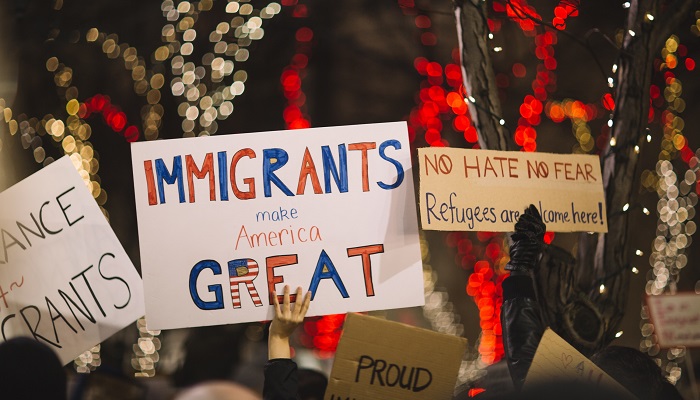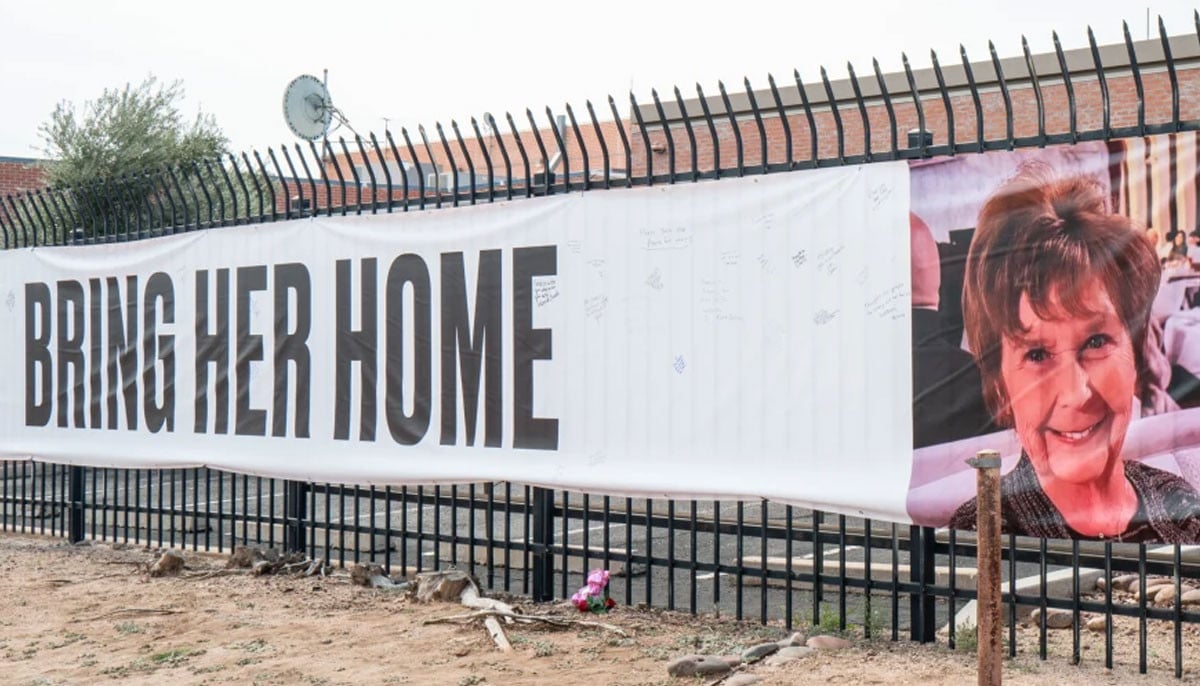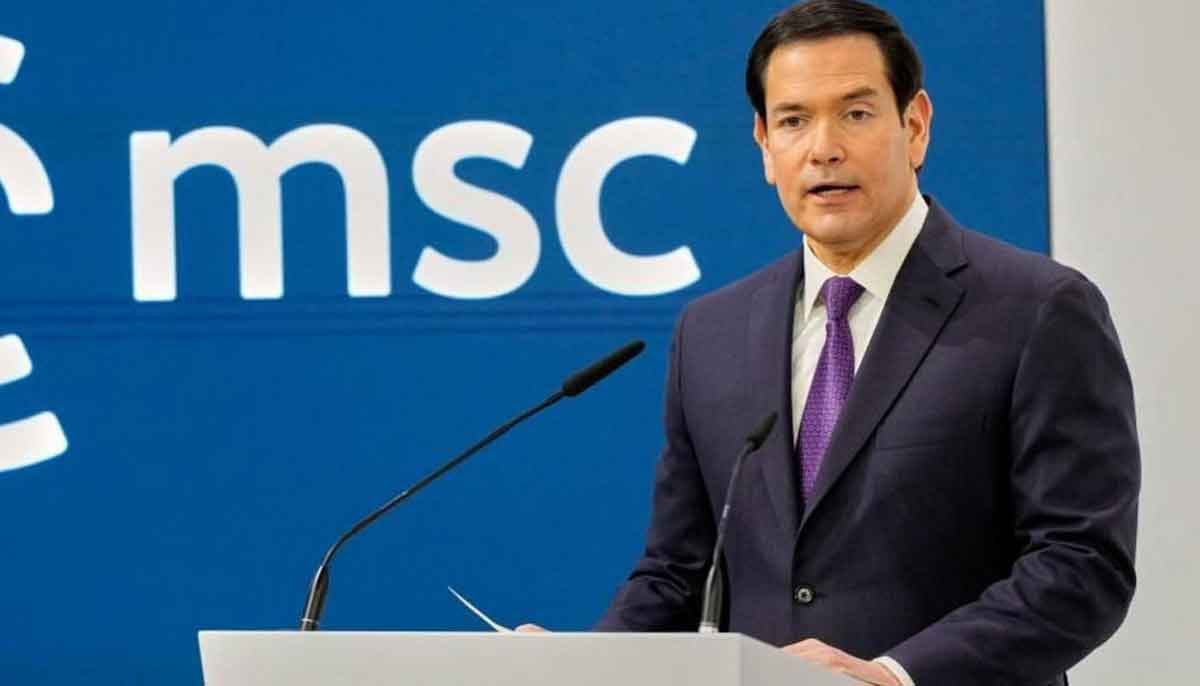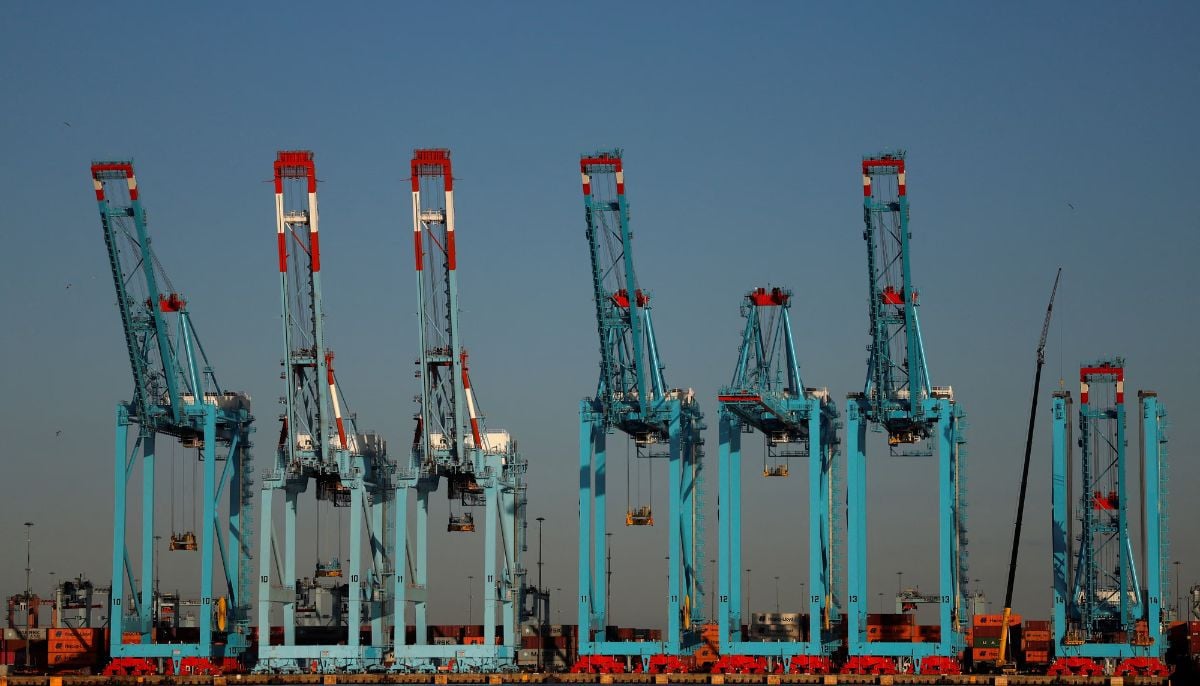Immigrants, students, USCIS workers to bear brunt of Trump’s policies
US government is set to significantly reduce the size of its immigration agency, signalling its intent to stifle the flow of immigrants and students
The United States Citizenship and Immigration Services (USCIS) is expected to furlough more than 13,400 of its employees or 70% of its workforce – a clear indication that President Donald Trump intends to stifle the flow of immigrants and students into the US even more than he already has.
The furloughs come on the back of decreased petition fees, which is the only revenue stream for USCIS. Reports suggest that Trump administration’s restrictive immigration policies have led to a steep drop in the number of applications received by the USCIS.
Over the past couple of years, the US government has taken multiple actions to restrict family-based immigration and tried to discontinue Temporary Protected Status (TPS), and the Obama-era Deferred Action for Childhood Arrivals immigration programmes.
According to an analysis released by the Migration Policy Institute, USCIS’s revenue from petition fees has dropped consecutively during the past three fiscal years.
On top of that, the Covid-19 pandemic has added to the financial woes of the agency, with the virus-fearing foreigners filing lower immigration petitions. USCIS further predicts a 61% decline in petition fees by the end of September due to the pandemic.
While many are calling this a tragedy for the 13,400 employees about to lose their jobs, some see it as a case of classic karma.
“There is no one left in that agency that is not complicit,” says New York-based attorney Celeste Tesoriero.
With one of the fears being that laid-off workers would leave the agency, Tesoriero is calling this possible exodus, “a good start”.
“I don’t know to what extent [Joe] Biden might be able to bring things back to normal if he gets elected and these same officers stay in place.”
Tesoriero is one of hundreds of US Immigration attorneys who feel the Trump administration is putting up an invisible wall to legal immigration.
According to Fragomen, an international immigration firm headquartered in New York, Request for Evidence (RFE) rates remain high under the Trump administration compared to previous regimes.
The H-1B RFE rate increased by 0.5% to 35.8% in the second quarter of FY 2020, compared to the same period of FY 2019. The current RFE rate is well above the rate of 22.3% reported in 2015.
Still, others are worried that if the Trump administration dismantles the US Immigration Agency, it could take a very long time to repair, even under a new president.
The after effects of the Trump administration’s restrictive immigration policies are also being felt by foreign students and workers in the US.
The recent ban on issuing work visas to foreign nationals is set to affect a large number of Indian nationals who currently account for 70% of 85,000 work permits issued to high technology workers each year.
Similarly, the US Immigration and Customs Enforcement (ICE) had earlier this month announced that foreign students whose entire courses have moved online because of the Covid-19 pandemic must return to their home countries. The policy was swiftly challenged in court and rescinded.
Had the policy gone into effect, a large number of Indian and Pakistani students present in the US for higher education were at risk for either being deported or having to take in-person classes, putting either their careers or health in jeopardy.
The threat is far from over as ICE, smarting from the setback, has now unveiled new plans to deny US entry to those foreign students who plan on attending the entire semester from virtual classrooms.
According to the Open Doors Report on International Educational Exchange, as of 2019, the number of Indian students in the US stands at 202,014. Similarly, according to US embassy in Islamabad, around 8,000 Pakistani students currently study in universities across the US.
In total, the US hosts over a million foreign students who will bear the brunt of Trump administration’s restrictive immigration policies.
-
Hilarie Burton reveals Valentine's Day plans with Jeffrey Dean Morgan
-
Jacob Elordi, Margot Robbie on 'devastating' scene in 'Wuthering Heights'
-
China to implement zero tariffs on African imports in major trade shift
-
Jack Thorne explains hidden similarities between 'Lord of the Flies' and 'Adolescence'
-
Elon Musk vs Reid Hoffman: Epstein files fuel public spat between tech billionaires
-
New Zealand flood crisis: State of emergency declared as North Island braces for more storms
-
Nancy Guthrie case: Mystery deepens as unknown DNA found at property
-
James Van Der Beek's final conversation with director Roger Avary laid bare: 'We cried'












